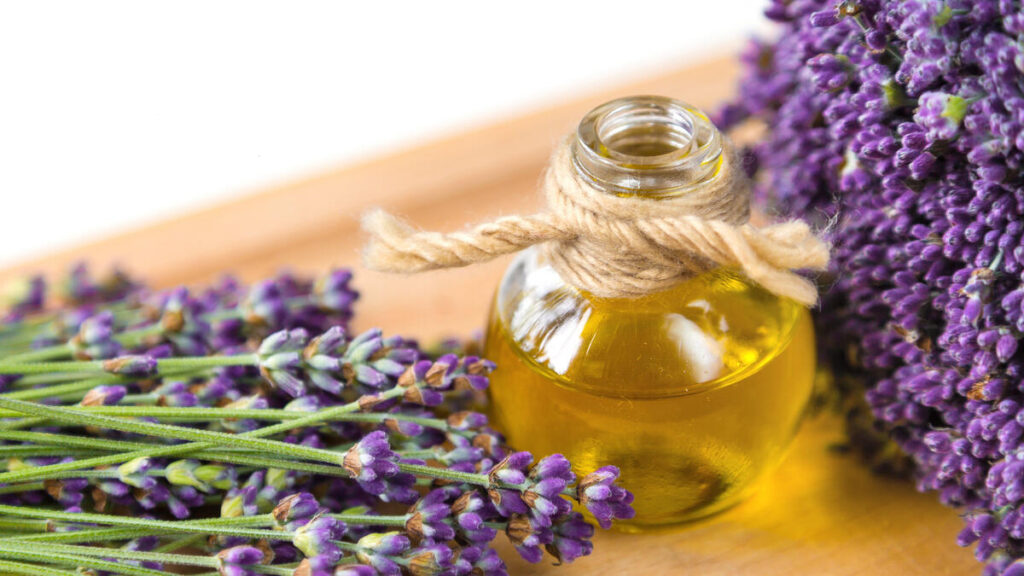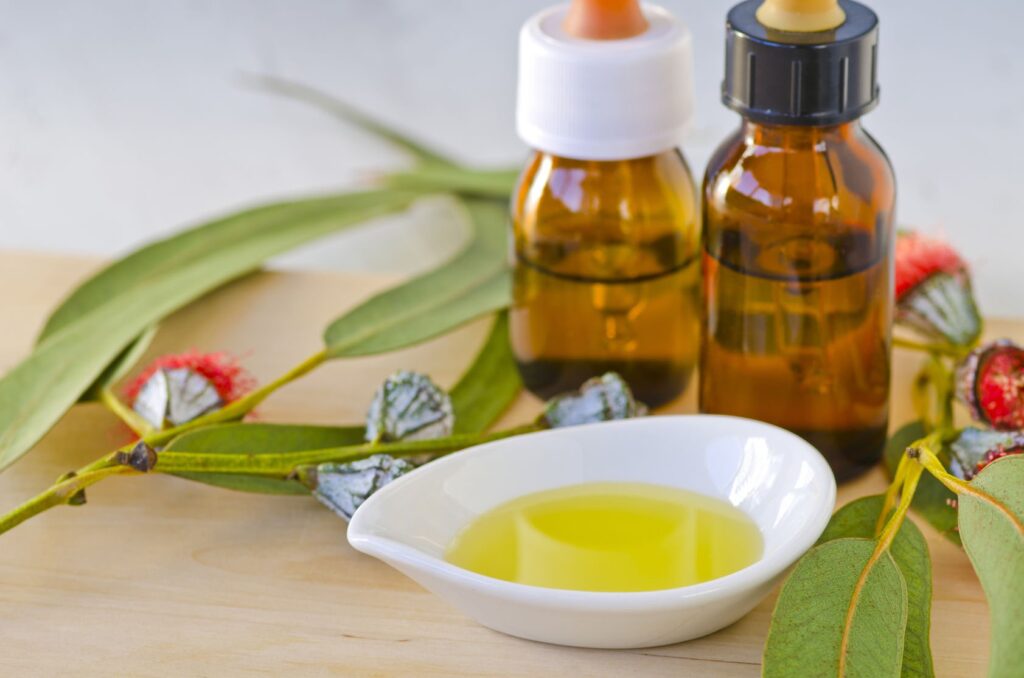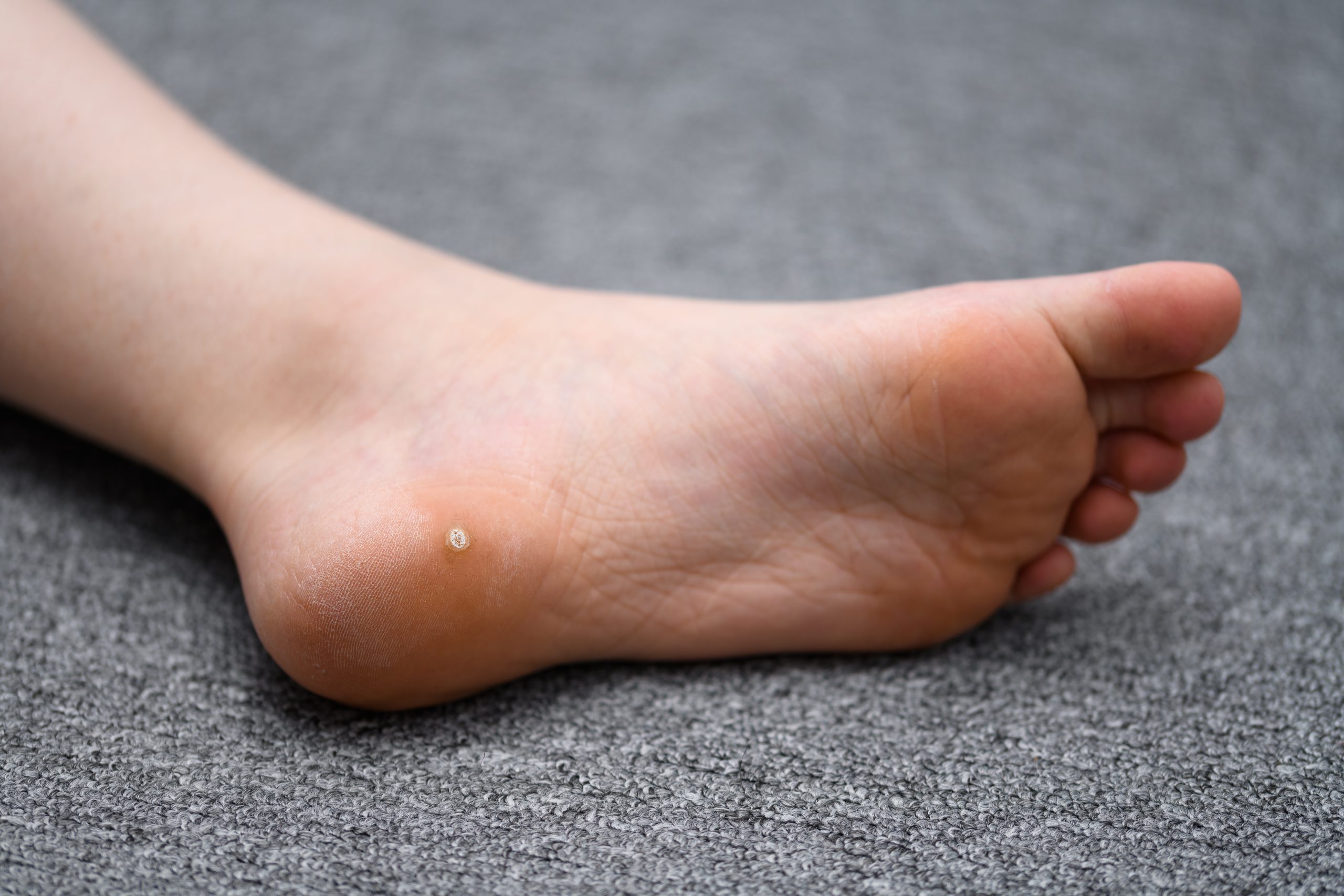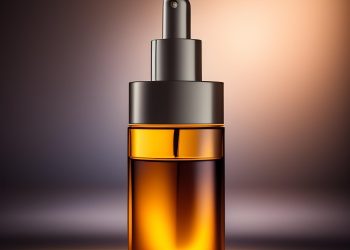Headaches, joint ache, muscle pain, back pain…and the list goes on.
Pain is a reality of life. Hence there are countless painkiller drugs as quick and easy fixes for these recurring problems.
But let’s not forget that you are a creature of habit. A regular behavioral and neurological pattern of easing the pain with painkillers may make you dependent on it in the long run.
Opiate (narcotic pain-relieving drugs) addiction is one of the fastest growing public health problems in the world. According to a survey in 2010, more than 35 million adults (15-64 years old) are addicted to an opiate. [1]
Opiate abuse is the singular reason for premature death and disability due to bloodborne viral diseases hepatitis, Tuberculosis, HIV, etc. [1]
What’s more, if you want to kick the drug out of your life, you may experience some unpleasant opiate withdrawal symptoms such as diarrhea, muscle pain, anxiety, nausea, and vomiting, irritability, etc. [2]
Essential oils can manage many of these negative symptoms. Using essential oils for opiate withdrawal is like having faithful companions in your recovery journey from opiate dependence.
Learn more inside:
- What are opiate medications?
- Why use essential oils?
- 7 most effective Essential oils and managing the symptoms
Related: 10+ Essential Oils for Headaches & How to Use Them
What are Opiate Medications?
Opiate or opioids are a narcotic compound in various over the counter pain medications.
Opioid analgesic (pain relieving) drugs have a blocking effect on the pain receptors in the brain. [1]
The pain easing drugs can suppress your feeling of the pain by lowering the pain signals and pain reactions of the nervous system. Doctors may prescribe opiate drugs to relieve mild or chronic illnesses.
These analgesic and narcotic drugs come in the form of pills, skin patch, liquids, suppository, etc. Some of the opioid drugs are fentanyl, meperidine, hydrocodone, methadone, morphine, oxycodone, and naloxone, etc. [3]
In case you use opiate drugs regularly, your body may automatically build in a higher tolerance level for the narcotic drugs after a period. At this stage, you will have to increase the regular dosage of the medication to achieve the ease of pain.
Opiate tolerance may lead to opiate addiction or dependence. Your bodily system becomes so much dependent on the drugs that skipping it may result in adverse withdrawal symptoms. [2]
The risk factors behind developing opiate addiction are genetics, environmental triggers, and pharmacological effects of opiate drugs. You are more prone to develop the habit if there’s a history of substance abuse in your family.
Environmental factors such as the easy availability of the drug, psych-social triggers, perceived risk elements, known coping strategies, etc. can increase the rate of opiate addictions. [1]
Why Use Essential Oils?
Essential oils are around the corner for thousands of years as effective home remedies for numerous health and mental disorders. These herbal oils are the essence of various plants. The therapeutic oils originate from the leaves, bark, twigs, flowers, roots, and other parts of multiple trees. [4]
Essential oils are a potent source of hundreds of medicinal properties such as anti-inflammatory, antioxidants, antimicrobial, antiviral, analgesic, sedative, antidepressant, anti-anxiety, etc. [4]
Here are some of the reasons to use essential oils: [5]
- The first stage of opiate withdrawal may seem overwhelming. You can experience extreme confusion, anxiety, and stress as your body craves for the drug. Essential oils can help you relax with its sedative properties.
- Essential oils can boost the immune system of the body against opiate withdrawal symptoms.
- Essential oils in aromatherapy can provide with positive physiological and psychological effects.
- Aromatherapy helps the limbic system and relieves cardiac disorders, blood pressure, stress, anxiety, etc. in withdrawal patients.
- Essential oils can erase the trauma and negative memories stored in the amygdala gland of the brain.
- Essential oils can rejuvenate your memory and concentration. A fuzzy brain is one of the standard symptoms of initial and post-acute withdrawal symptoms. Essential oils can manage this issue.
- Insomnia is another problem that the opiate addicts have to deal with. Essential oils are rich in calming and relaxing properties to help you sleep better.
- Essential oils can help to release the feel-good hormones in the body and thus uplift your mood.
- The analgesic properties and the sweet aromas of the essential oils are the best remedies for bodily discomforts, fatigue, nausea, etc. during the withdrawal period.
Related: 12 Essential Oils for Anxiety that Work (with How to Use Them)
1. Lavender Oil
The sweet floral scented lavender oil is an all-time favorite aromatic oil. The multipurpose oil originates from the steam distillation of lavender flower tops. Lavender oil is popular for its calming, and relaxing effects. [6]
The anti-depressants and sedative properties can relax both your physical and neurological system and induce sound sleep at the time of withdrawal hurdles. You can pour 2-3 drops of lavender oil on a fresh handkerchief and inhale the aroma or diffuse it in your airspace.
Related: 5 Ways to Use Lavender Oil for Hair Problems
2. Ylang Ylang Oil
Ylang Ylang essential oil originates from the fragrant flowers of the Cananga odorata tropical trees. The flowering plant is a native of Indonesia. The mild and flowery scent of the oil makes it a perfect trigger for sound and uninterrupted sleep. [7]
You can add an equal amount of ylang-ylang and lavender oil to your bathing water and experience calm and peace. The oil can relieve nausea and vomiting sensations, and reduce agitation and fear.
3. Cinnamon Oil
Warm and spicy fragrant cinnamon oil comes from the aromatic Indian spice cinnamon. Cinnamon oil can boost and power up your adrenal glands. Thus, you achieve positive self-confidence in everything you do. The tranquilizing and antidepressant effects of the oil can relieve stress, confusion, doubts, and fear. [8]
Related: 12 Essential Oils for Stress Reduction & How to Use Them
4. Eucalyptus Oil
Eucalyptus oil comes from the steam distillation of twigs and leaves of the evergreen eucalyptus trees. The oil has a stimulating effect on your mind and removes the heaviness and lethargy immediately.[9]
A topical massage with 2-3 drops of eucalyptus oil can relieve the aches, fatigue, and discomforts of the opiate withdrawal symptoms.
5. Ginger Oil
Ginger oil comes from the roots or rhizomes of ginger plants. Ginger is one of the most therapeutically potent spices in the world. Ginger oil has the active antioxidant compound gingerol. [10]
The strong aromatic oil can suppress your desire for opiate. A ginger oil massage or aromatherapy can relieve the muscle aches, fatigue, and stress in the quickest possible time.
Related: 10 Health Benefits of Ginger Oil That You Should Know About
6. Peppermint Oil
Peppermint oil comes from the menthol flavored peppermint herb. Since the oil contains high menthol contents, it is very calming and rejuvenating for your senses. The oil can help you clear your fuzzy brain, relieve tensions, headache, nausea, etc. symptoms of the opiate withdrawals. [11]
Related: 8 Reasons to Use Peppermint Oil for Hair
7. Grapefruit Oil
Grapefruit oil originates from the peels and seeds of grapefruits. The oil is an excellent remedy for the people suffering from appetite loss and addictions of all sorts.
The antidepressant, sedative and stimulating properties in the oil can affect your lymphatic system. Thus, the oil can have positive effects on the opiate withdrawal symptoms. [12]
When to Seek Medical Attention?
Opiate withdrawal is not life-threatening, but the symptoms can be exhausting, both mentally and physically. These essential oils may help you reduce the symptoms and easing tensions, but you need to seek proper medical attention if the symptoms become severe.
If you have chronic medical conditions such as heart disease, withdrawal from opiates may have negative effects on you. Hence, you need to visit a professional treatment center to get help with this addiction as soon as possible.
Doctors and therapists in these professional centers can prescribe you medicines or therapies to reduce the symptoms of opiate withdrawals. These medications and therapies will help yo deal with the withdrawal symptoms while reducing the craving for the painkillers.
Bottom Line
The adverse symptoms that you experience during a withdrawal period make it difficult for you to say ‘No’ to an opiate.
Using essential oils for opiate symptoms are holistic approaches to address the problem.
You can safely use each of the oils (2-3 drops) discussed here to manage headaches, body and muscle pains, nausea, irritations, stress and other symptoms of opiate withdrawal. [13]
Along with many other restorative activities like meditation, mental therapies, balanced diet, relaxation, etc., essential oils are of primary importance in your recovery journey from opiate addiction.
Let us know your experience of using any of the essential oils discussed here. Write your comments, feedback, and quarries below.




